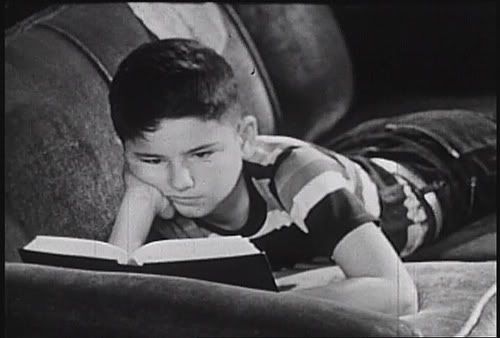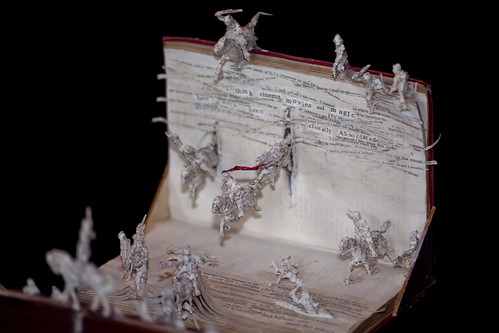I’ve talked about my interactions with lending libraries here. But in today’s post, I thought we’d strike out a little farther afield. I’m talking about the lending library at the Amundsen-Scott Research Station at the South Pole.
As background, let me just say that I’m an unabashed blog voyeur (there’s probably a post of its own in that statement, but I’ll save that for another day.) I rarely, if ever, reach out to these internet authors on whom I drop in unannounced (the same way the vast majority of you will never leave a comment here), but every once in a while you come upon a question that tickles your curiosity- one that you’ll likely never get answered if you don’t just go ahead and ask it. So that’s what I did.
I wanted to learn something about the reading life for Winter-overs at the South Pole. How much people read, what kinds of things they read, whether any book-clubs or literary discussions pop up during those long, dark days at the station, etc. So I emailed the author of this blog to find out. Here's her very interesting reply:
"The winter-over reading life tends to be a personal one. We have a "library" with books filed by category and author, books are free to take or add at will. There's also an unorganized huge bookshelf in one of the lounges. That one tends to be paperbacks in the sci-fi/mystery dept, or bestsellers like Grisham and Dan Browns.
"But in my two winters no organized reading groups. Largely I found that it was hard to maintain enough mental wherewithal to read books during the deep darkness of winter. There are rarely multiple copies of books and if we had to wait for all the interested winter-overs to finish a book before discussing it...well...it'd never happen. And it never does. Occasionally you run into someone who has read the same book as you and you talk about it. Or you pass on a good book to someone then talk about it, but rarely if never anything organized.
"The collection of books is pretty much whatever has been donated, or brought down and then left behind over the years. There's a good collection of Antarctic history books, including a fair number of rare books, locked away. But the key is easy to get. You get the DaVinci Codes, the Oprah book clubs, and then some real oddities that show up. But usually a fair number of good ones.
"I found reading to be really challenging in my winters. Maintaining the focus was hard. I reached a point where I couldn't even finish a movie on my laptop, and a 30 min TV show on DVD was often too much too. Just lost focus. If there had been The New Yorker magazine I think I could've finished articles about that long, but then again, maybe not.
"A lot of people are starting to read on e-readers, which makes the lending and leaving behind of good books less likely. I wonder how that'll have an impact on books available in the library.
"We also tend to stay away from challenging topics in the effort to make the winter easier to survive. And books, even fiction, can be controversial. You have to believe everyone is after your best interests and will work towards the station's survival if the shit hits the fan during the winter, and book discussions can make it pretty clear just how opposite people you have to live with are. Small community, best to just pretend sometimes."
Fascinating stuff, is it not? Here's an inside shot of the station, courtesy of the information superhighway:








































